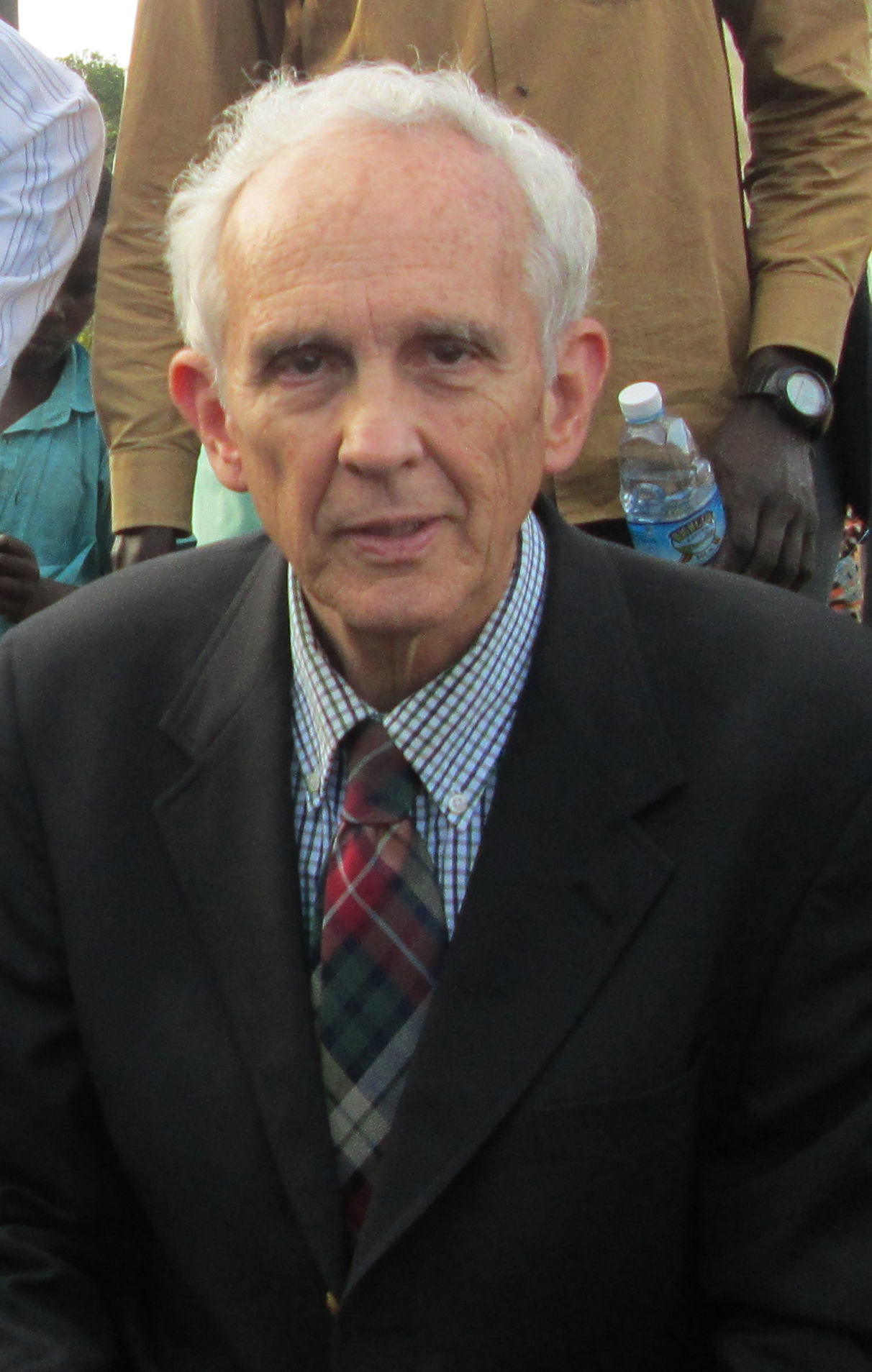by Dr. Gregory Bartha
August 2, 2022
Malaria is by far the most common disease seen at the Cross Clinic. It is caused by the bite of the Anopheles mosquito. The falciparum variety is the most common type in Uganda and other tropical African countries. The mosquito transmits the parasites into the human body during a blood meal. The parasites are carried to the liver where they rapidly multiply. The liver cells eventually burst and release large numbers of the parasites into the bloodstream. They then invade the red blood cells and multiply again and are released and invade other red cells. Some of the parasites develop into sexual forms which can be ingested by other mosquitoes which bite the infected person. These can develop into other parasites, and the cycle continues. The proteins on the red cell surfaces are altered so that the cells are more sticky and adhere to the small blood vessels and block blood flow to vital organs such as the brain and kidneys.
The symptoms caused by malaria infection are high fever, headache, body aches, and nausea and vomiting. Children between the ages of 6 months to 3 years tend to have the most serious form of the disease. They can develop seizures, severe anemia, and low blood sugar.
Quinine was the drug most frequently used to treat malaria and still can be effective. Many parasites are now resistant to it. Artesunate is now the drug of choice. It is derived from a Chinese plant. The story goes that during the Vietnam War many North Vietnamese soldiers were falling ill and dying with malaria. The Viet Cong started a crash program to find a plant chemical which would be an effective treatment. They were aided in this effort by Chairman Mao in China. Several compounds found in the Artemisia tree tree in China were effective in killing the malaria parasite. A Chinese chemist isolated and purified Artemisinin from which Artesunate is made. In 2015, Tu Youyou was awarded the Nobel Prize in Medicine/Physiology for her work in this discovery. The drug has saved thousands, if not millions, of lives.
Artesunate is given intravenously for three doses then in an oral form together with another antimalarial drug for three more days. The results are most often excellent. Some people who have had a serious case of malaria develop severe anemia and need blood transfusion. Some develop a greatly enlarged liver and spleen, ans some suffer from brain damage.
Malaria was present in the U.S. until the 1930’s when DDT eradicated all the mosquito types which could cause the disease. It now occurs mainly in travelers returning from tropical areas. The risk of acquiring malaria can be reduced by taking Malarone or doxycycline when traveling to countries where malaria is prevalent. Also sleeping under insecticide treated nets and avoiding outdoor activity at night or dusk and using insect repellent are all helpful in prevention.
A malaria vaccine is now available. It is 60 to 70 percent effective and is given in four doses over time. Work is continuing to find a simpler and more effective vaccine.
To make a tax-deductible contribution to Dr. Bartha’s efforts in Uganda, please contact him at this address:
theformulavita@yahoo.com








Recent Comments